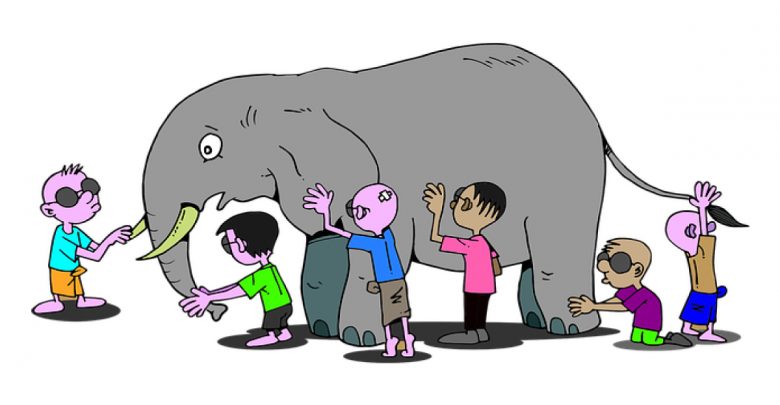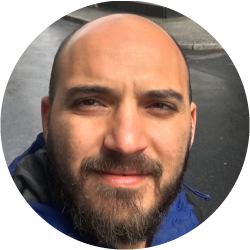Making Observations and challenging your assumptions

Introduction:
Seek and you shall find. If we don’t seek we won’t find. It is that simple. If you think that the program is perfect and is a masterpiece, you will never observe anything that wouldn’t support that assumption. Here the criterion is “readiness”, which is being ready to observe the things that oppose your presumptions about the program and your approach. While the indicator is “Constantly”, which is being on alert all the time. That means we shall be Constantly Ready and that requires a lot of effort. We’ll discuss here tools that can help us read the group and its socio-political context.
Trainers are supposed to have a critical attitude towards their practice. We have to accept that sometimes our practice is motivated by self-interest and is not usually sincere or considerate to others. It is only natural to fall into this trap that is the complexity of learning. Sometimes we are blindsided by that truth. A fact that makes us prone to continue with the same mistake and overlook signs that guide us to change approaches. It is very needed in this era of a diversity of learners in the field of international youth work that we are aware of that and that we accept the fact that we might miss it. Now moving on is what we can do about it and how can we constantly remind ourselves of our vulnerability to exclude some participants with this.
How much do you pay attention to details? How many times have you thought “How did I miss that!”? In our context, what to do next is somehow is planned. The next activity, the objectives of the day or the output of the session. However, observing the group even before starting the training is essential to have an actual output of the session. It is a contributor that has the potential to overrule our plans and provide a new unexpected or a new route to the same or different objectives.
Main content:
Trainers will need inputs to come out with observations. They need an organized plan to prepare for this unorganized process and unpredictable contributor to the program. The plan can be simple to map the group in different categories. Categories that sometimes have core indication and some other categories are more relevant to the context of the training. Here are a few general categories.
Mapping the group through:
- Nationality or Region of origin in case it is relevant
- Education
- Relevant Experience
- Expectations
- Needs
By mapping the group we can look for commonalities and patterns. We can look for indications of social and political contexts. The group might have subgroups that were not considered while building the program. Or it might have more homogenous groups than expected. Anyhow this information can help trainers fine-tune the program and adjust to the actual group context.
Don’t try to block assumptions, it is normal once you get to know the group. However, just take them lightly. And consider all possible realities (consult the team in case you are working within one) before concluding your assumptions.
How can we map the participants? There are various tools, such as:
- Design a general participant profile that defines the socio-political context of individuals.
- Activity for sharing Expectations and keep it recorded so you can come back to it.
- Activity sharing about previous relevant experiences which can help identify the assumptions you might have.
- Run a needs assessment with the participants to make sure the training is relevant to them.
Then what?
After mapping the group and making some observations, trainers have the chance to challenge the underlying assumptions they had while building the program. These assumptions need to be put to test with a reality check to be denounced or verified before taking any actions. That will lead to new assumptions. Which on their own are also open for a challenge during the training. Furthermore, trainers shall get more insights into the group while going through the modified program. It is a process and it is ongoing. Your program is not perfect, it is a tool to meet the expectations and needs of the participants. You should modify it to make it more efficient. You can use the social time to get more insights about backgrounds, Observe interactions between different clusters on the group maps. And You can miss something, it is okay.
Exercises:
How to apply it in everyday life:
What a movie or an episode of a TV show (that you know nothing about) starting from its second half. Start writing down assumptions that you have about the characters and their socio-political context. Make observations of what is motivating to them and what is not. Also, observe how they interact with each other and make assumptions on why they behave in that way?
Before the end of the movie, stop and try to imagine how it ends based on these observations and assumptions. Then go back to the beginning and watch the entire thing. Note down which assumptions were accurate and which were not. Note down how these assumptions contributed to the ending you imagined and how different is it from the actual ending.
Reflection questions:
How much do I pay attention to characteristic details in a personality?
How much do I know about the socio-political context of the closest persons to me?
How did I know that? In which way I acquired this knowledge?






